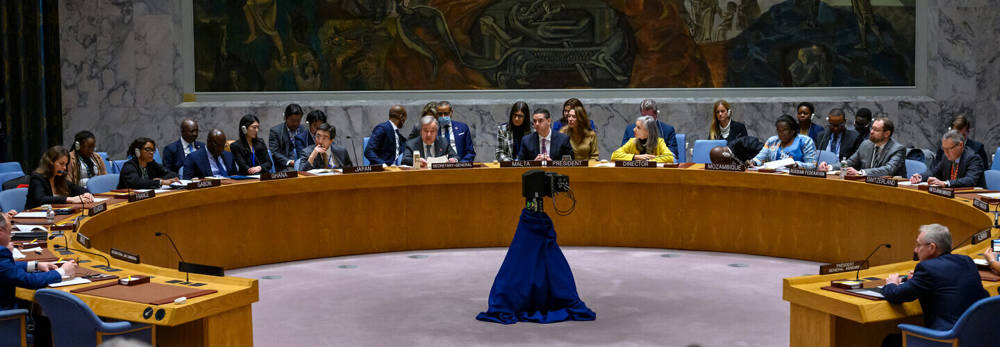Climate change is a controversial topic at the United Nations (UN) Security Council. The Council has adopted over 70 resolutions and presidential statements that address aspects of climate-related peace and security implications. However, a few members strongly oppose adding climate change to the Security Council agenda. When a thematic resolution on the security implications of climate change came up for a vote in December 2021, Russia went so far as to veto it. India also voted against it, while China abstained. But twelve Council members voted in favor, and 113 non-members co-sponsored the resolution—the second highest number of co-sponsors in Security Council history. [..] Establishing a shared understanding of the state of the scientific evidence could be an important step in reducing tensions over this topic. To that end, this article looks at five key insights (and related sources of confusion) found in the second part (WGII) of the Sixth Assessment Report (AR6) of the Intergovernmental Panel on Climate Change (IPCC), which offers an unparalleled assessment of observed climate change impacts and future risks. Contrary to perceptions, there is compelling scientific evidence in the AR6 report that climate change constitutes a risk to peace and security.
Buhaug, Halvard; Cedric de Coning & Nina von Uexkull (2023) Should the Security Council Engage with Implications of Climate Change? Let’s Look at the Scientific Evidence, Global Observatory. 8 June.









